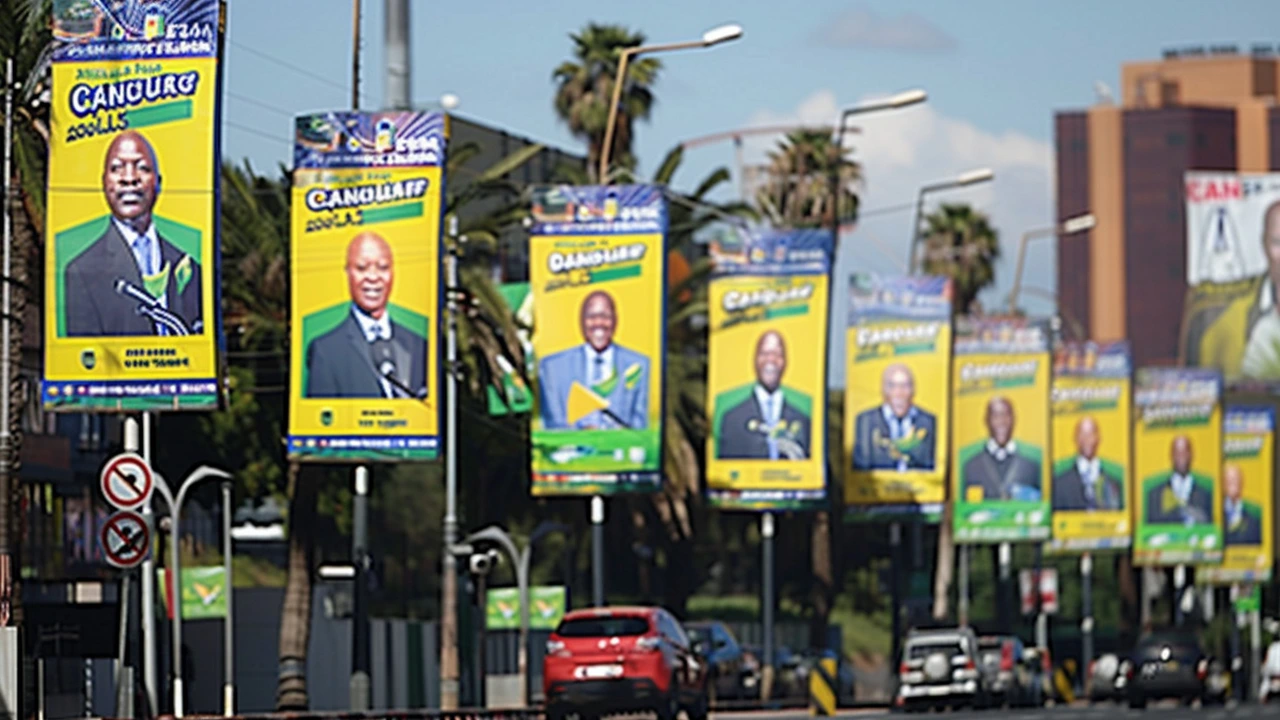South Africa Elections 2024: Everything You Should Know
South Africa's 2024 elections are approaching fast, and it's shaping up to be a major moment for the country. Whether you’re a first-time voter or just want to keep up with the political buzz, knowing the basics can really help make sense of what’s coming.
This election will determine who's leading the country during important times, with key parties competing to shape South Africa's future. From major policy promises to grassroots campaigns, the political scene is buzzing. But it’s not just about who wins—voter turnout and participation also tell a story about public trust and engagement.
What to Expect on Election Day
Mark your calendar and remember, the voting process is pretty straightforward but important. Polling stations will be set up all over the country to make voting as easy as possible. Bring your ID, check your registration status ahead of time, and don't wait till the last minute. The election commission usually shares helpful guides to walk you through each step to avoid any surprises.
Keep an eye on local news and updates from South African election authorities because rules or dates can shift slightly if needed. Plus, election security measures are in place to ensure a free and fair vote, so your voice counts without worry.
Why This Election Matters
The 2024 vote isn't just routine. It reflects public sentiment on pressing issues: jobs, education, health, and crime. How parties address these topics will influence who you see in office and what policies get pushed forward. Every vote helps decide if the country moves towards new solutions or sticks with current approaches.
So, make sure you're ready and informed. Check out party platforms, learn about candidates, and understand the issues at stake. This isn't just politics—it's about the direction South Africa takes for years to come.
South Africa 2024: The Transition to Coalition Governance Amidst Shifting Political Landscape
As South Africa prepares for its seventh democratic election, the political dominance of the ANC is expected to wane, signaling a shift towards coalition government. This transition reflects evolving voting patterns and the proportional representation system, emphasizing the need for unity, economic growth, and professional civil service.

